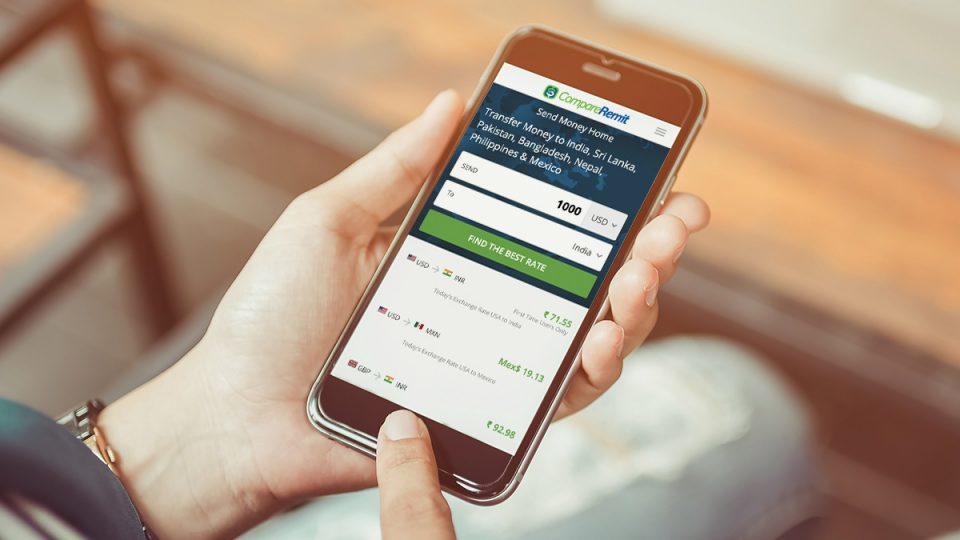Telecommunications operators, yesterday, suspended planned withdrawal of Unstructured Supplementary Service Data (USSD) short code service, otherwise known as banks’ transfers from banks and other financial institutions in the country. The withdrawal was to take effect from Monday, March 15.
The suspension came as the Central Bank of Nigeria (CBN) and Nigerian Communications Commission (NCC) announced that bank customers would begin to pay N6.98 kobo per USSD transaction.
The telcos had hinged their decision to suspend USSD service on the failure of banks and other financial service providers to pay N42 billion debts incurred by banks in the last eight months through the use of the platform.
But at a meeting of stakeholders on Monday evening in Abuja by the Minister of Communications and Digital Economy, Dr. Isa Pantami, the telcos agreed to suspend service withdrawal. x https://3ddb819d38b18bc57609114b86e5768a.safeframe.googlesyndication.com/safeframe/1-0-37/html/container.html
At the meeting, it was agreed that effective yesterday, March 16, USSD services for financial transactions conducted at DMBs and all Central Bank of Nigeria (CBN) licensed institutions would be charged at a flat rate of N6.98 per transaction. This replaces the current per session billing structure, which is targeted at ensuring a cheaper average cost for customers to enhance financial inclusion.
The above means that there is now a flat fee per USSD session however long or whatever the number of messages making up the session. Before this new rate, a session usually last 20 seconds, meaning that for each session N4 is charged, even if the transaction is not completed or failed along the line. But in this new rate, 20 seconds session has been abolished, and no cost implication until a transaction is completed.

The new approach, according to a joint statement by the Acting Director, Corporate Communications, Central Bank of Nigeria (CBN), Osita Nwanisobi, and the Director of Public Affairs at NCC, Dr. Ikechukwu Adinde, will ensure transparency and same cost, regardless of number of sessions per transaction.
To promote transparency, according to the statement, the new USSD charges will be collected on behalf of MNOs directly from customers’ bank accounts. It pointed out that banks would not impose additional charges on customers for the use of USSD Channel. x https://3ddb819d38b18bc57609114b86e5768a.safeframe.googlesyndication.com/safeframe/1-0-37/html/container.html
The meeting noted that all parties were working out a settlement plan for outstanding payments for the USSD services.
MNOs and DMBs are expected to discuss and agree on operational modalities for the implementation of the new USSD pricing framework, including sharing of Application Programme Interface (API) to aid seamless, direct and transparent customer billing.
The statement restated DMBs and MNOs’ commitment to strategies that lower cost and enhance access to financial services.
“With the above resolutions, the impending suspension of DMBs from the USSD channel is hereby vacated. Therefore, DMBs shall no longer be disconnected from the USSD channel.
“The general public is hereby reminded that the USSD channel is optional, as several alternative channels such as mobile apps, Internet banking and ATMs may be used for financial transactions.
“The CBN and NCC shall continue to engage relevant operators and all stakeholders to promote cheaper, seamless access to mobile and financial services for all Nigerians,” the statement read.
A source at the meeting explained that the two sectors agreed on N1.63k price and N4.50 price cap while a flat fee of N6.98k will be for the transaction.
According to the source, banks will now charge customers for the USSD transaction done on their accounts and settle the telecom operators.
He said the two parties also agreed to work together to deepen and expand digital financial inclusion of the Federal Government and come out with modalities and strategies on USSD. x https://3ddb819d38b18bc57609114b86e5768a.safeframe.googlesyndication.com/safeframe/1-0-37/html/container.html
Giving an insight into the new billing system, the source said customers would be charged N6.98 per transaction, meaning that the operations have moved from corporate billing to end user, where customers accounts are charged. He said a collection mechanism would be put in place by banks to avoid issues.
Participants at the meeting included the Deputy Governor, Financial Systems Stability Central Bank Of Nigeria, Aisha Ahmad, who represented the CBN Governor, Godwin Emfiele; Access Bank Group MD, Herbert Wigwe, Chairman of the Committee of Bank CEOs; MTN Nigeria CEO, Karl Toriola; Airtel Nigeria CEO, Segun Ogunanya; 9mobile Executive Director, Abdulrahman Ado; the EVC of NCC, Prof. Umar Danbatta; and Executive Commission, Technical Services, NCC, Ubala Maska and among several banking and telecom stakeholders.
MEANWHILE, in its effort to settle the impasse, the House of Representatives, yesterday, adopted a motion sponsored by Ossai Nicholas Ossai at the plenary presided by Speaker, Femi Gbajabiamila.
The House urged the telecommunication operators to halt the planned withdrawal and suspension of USSD services to Nigerians and other Financial Institutions.
It mandated its Committee on Telecommunications to liaise with Telecommunications Operators, Nigerian Communications Commission (NCC), Central Bank of Nigeria (CBN) and Nigerian Banks and other Financial Institutions with a view to resolving the impasse.
The committee is billed to report back to the House within six weeks for further legislative action. x https://3ddb819d38b18bc57609114b86e5768a.safeframe.googlesyndication.com/safeframe/1-0-37/html/container.html
Ossai representing Ndokwa/Ukwuani Federal Constituency, Delta State reminded his colleagues that the telecommunication operators had issued four notices, threatening to withdraw and suspend the USSD service from the Nigerian banks, starting from Monday, March 15, 2021.
He warned that if the USSD service is withdrawn, Nigerian telecommunication users will fall back and continue with their old traditional modes and channels, such as mobile bank apps, internet banking, ATM, PoS, that makes banking services uninteresting, inconveniencing, with high cost of financial transactions, which will affect the well-being of the citizenry.
Describing the USSD service as the easiest route for non-telecommunication providers to deploy services to poor Nigerians, he acknowledged that the convenience the USSD brought to Nigeria financial business transactions made its adoption and acceptability to grow at a very tremendous rate.
Ossai, who chairs the House Committee on Treaties, Protocols and Agreements, claimed he was privy to information that between January and June 2020, the value of USSD transfer payment in Nigeria amounted to over N390 billion.

